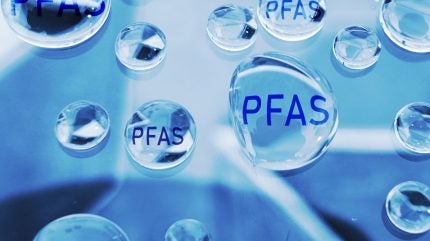
The Food Safety and Standards Authority of India (FSSAI) has issued a draft amendment to the Food Safety and Standards (Packaging) Regulations 2018, proposing a ban on the use of per and polyfluoroalkyl substances (PFAs) and bisphenol A (BPA) in food packaging materials.
The proposed Food Safety and Standards (Packaging) Amendment Regulations, 2025 seek to enhance safety standards by removing two chemicals known for their long-term environmental impact and potential health risks.

Discover B2B Marketing That Performs
Combine business intelligence and editorial excellence to reach engaged professionals across 36 leading media platforms.
According to the draft, PFAs “shall not be used in manufacturing of food contact materials,” and “food contact materials manufactured with polycarbonate and epoxy resins shall be free from bisphenol A (BPA) and its derivatives.”
PFAs, often termed “forever chemicals”, are synthetic compounds known for their persistence in the environment and human body.
They have been widely used in industrial applications, including food packaging, due to their water and grease-resistant properties.
PFAs and BPA have been linked to health concerns such as hormonal disruption, reproductive disorders and a higher risk of cancer.

US Tariffs are shifting - will you react or anticipate?
Don’t let policy changes catch you off guard. Stay proactive with real-time data and expert analysis.
By GlobalDataIn October 2025, the country’s Food Standards Agency (FSA) launched a 12-week public consultation on a proposed ban on BPA and other bisphenols in materials that come into contact with food.
The move aims to reduce public exposure to these chemicals, commonly found in food packaging and household kitchen items, amid ongoing health concerns.
The consultation invited feedback from industry, consumer groups and the general public on the feasibility, scope and timing of the proposed ban. Responses will help shape the agency’s final advice to government ministers on whether and how to implement the measure.
In 2024, the FSSAI mandated that all domestic food business operators must cease using the “100% fruit juices” claim on labels and advertisements for reconstituted fruit juices.





